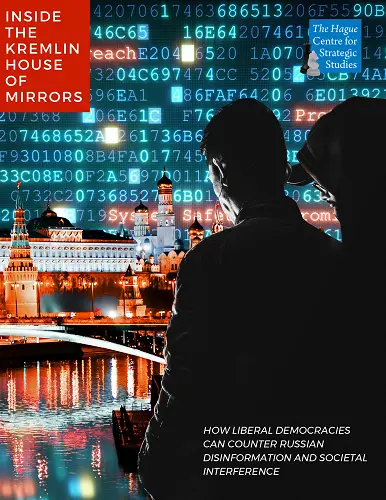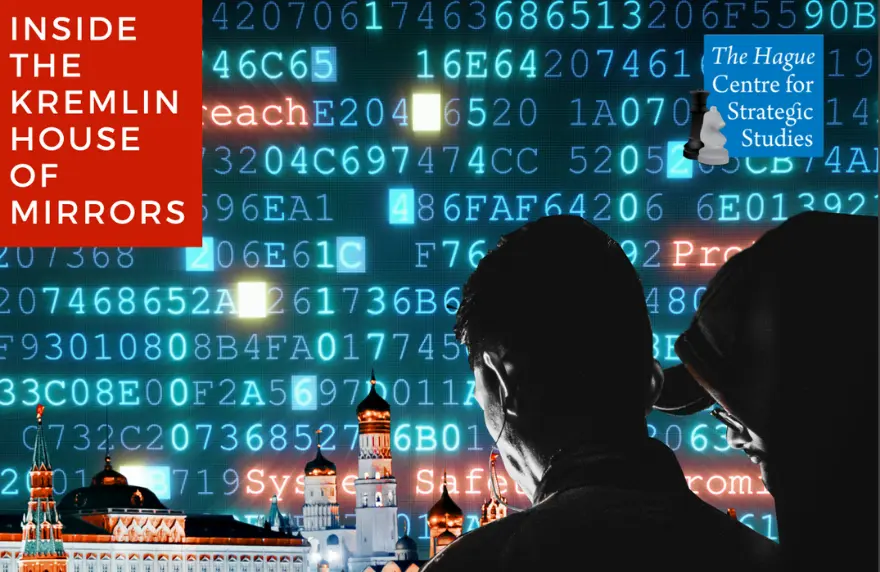Russia’s disinformation campaigns have targeted liberal democracies in Europe and North America with the goal to undermine societal coherence and distort the democratic process. The methods employed by the Kremlin include the dissemination of false, misleading and manipulative information and bear resemblance to the techniques, tactics and procedures used by the Soviet Union.
The past few years Western governments have been struggling with the question of how to appropriately respond to counter Russian subversive activities. Appropriate responses have been fiercely debated and are increasingly implemented. HCSS’ latest report considers lessons for liberal democracies based on an analysis of the postures, strategies, organizational setups, programs, products, and capabilities that the following five actors have developed in recent years: the European Union, NATO, Finland, Latvia and Ukraine.
This study is based on extensive desk research and in-depth personal interviews with relevant high level representatives of these five actors. It offers recommendations for liberal democracies on how to deal with Russia’s disinformation operations. The point of departure is the appropriate role and competence of government, as well as the constraints placed thereon in the context of a liberal democratic order. Of particular interest is how overall (top-down) visions, strategies and capabilities can help provide the best circumstances for societal resilience such as through (bottom-up) societal initiatives.






